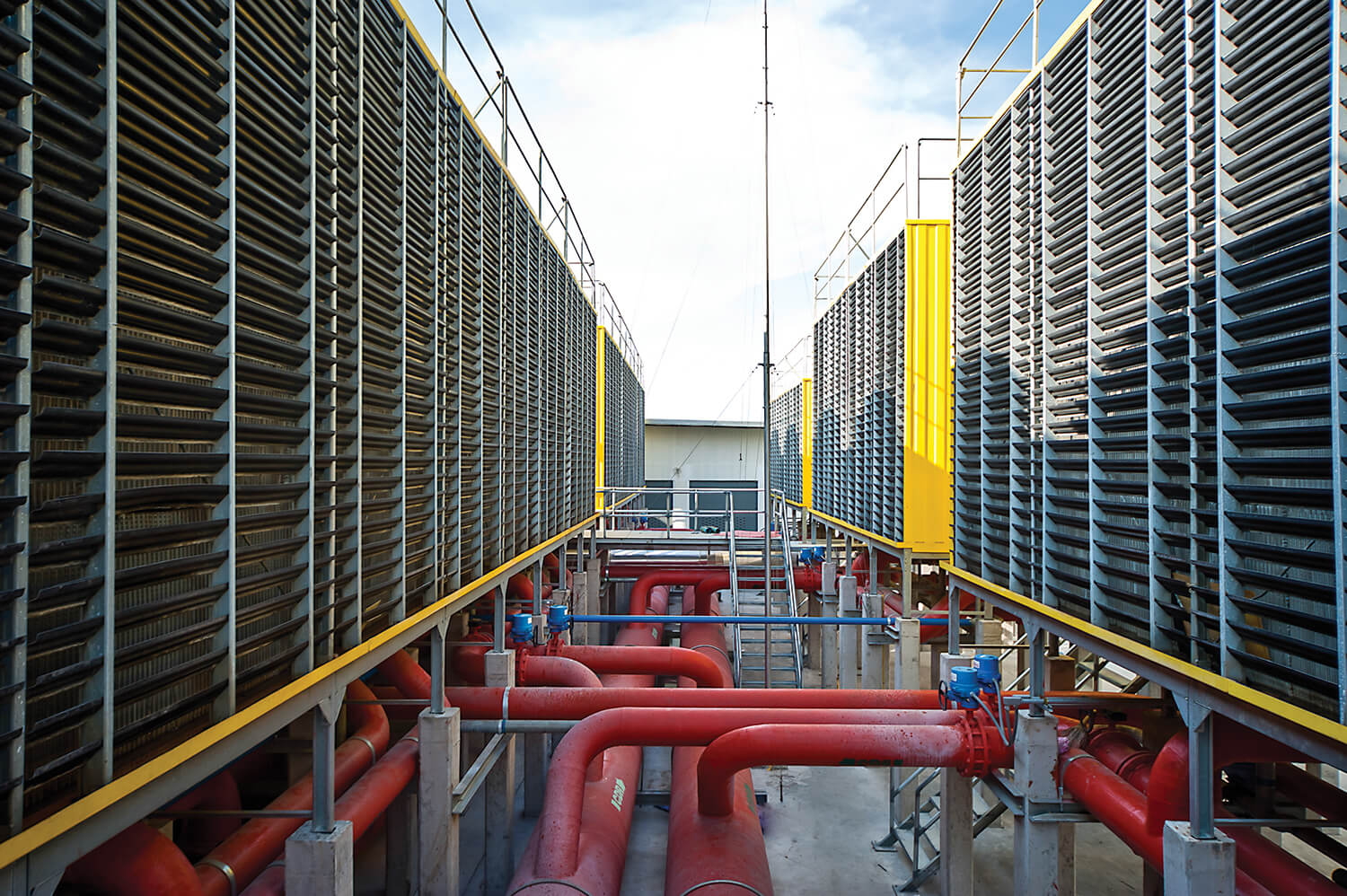New research has suggested a call for data center redesign to withstand higher temperatures, in a bid to reduce their environmental impact and improve energy efficiency. Data centers are typically regulated at between 20-25°C, with considerable segments of energy use dedicated towards the maintenance and running of key cooling systems.
The study’s senior author, Director of Research Institute for Smart Energy, Chair Shengwei Wang, has highlighted the cooling approach as a focus of concern. Rather than seeking to improve these systems, his research questions whether the focus should instead be on the redesign of servers, allowing them to withstand increased temperatures.
Currently, cooling systems have a reliance on air conditioning in order to maintain the status quo. However, these systems consume considerable amounts of energy, increasing their environmental footprint. The alternative, otherwise known as free-cooling, requires ambient air to cool water temperatures to require the same results. Those centers which are located in colder locations often take advantage of free-cooling.
With technology advancements at play, IT servers can now operate efficiently at temperatures above 30°C (86°F), increasing operational temperatures and thus allowing for free-cooling to be utilized across a range of climates, even those in warmer climes.
The research team, led by Wang, have developed a model which is based on conventional cooling systems and evaluated its performance under an array of climate conditions. The study’s results indicate that data centers across the globe could reach almost 100% free-cooling efficiency when operating at what is referred to as “global free-cooling” at 41°C.
If this is pursued, energy savings could range from 13%, up to a much higher bracket at 56%, if changed from the traditional 22°C (71.6°F) temperatures. The study also stresses three key concerns before any implementation; reliability of servers and computational efficiency must remain unaffected. As well as this, any increase in energy consumption relating to cooling protection should be reduced, including fans.
Wang’s research offers a considerable move towards changing industry standards, improving sustainability management for data centers across the world.




